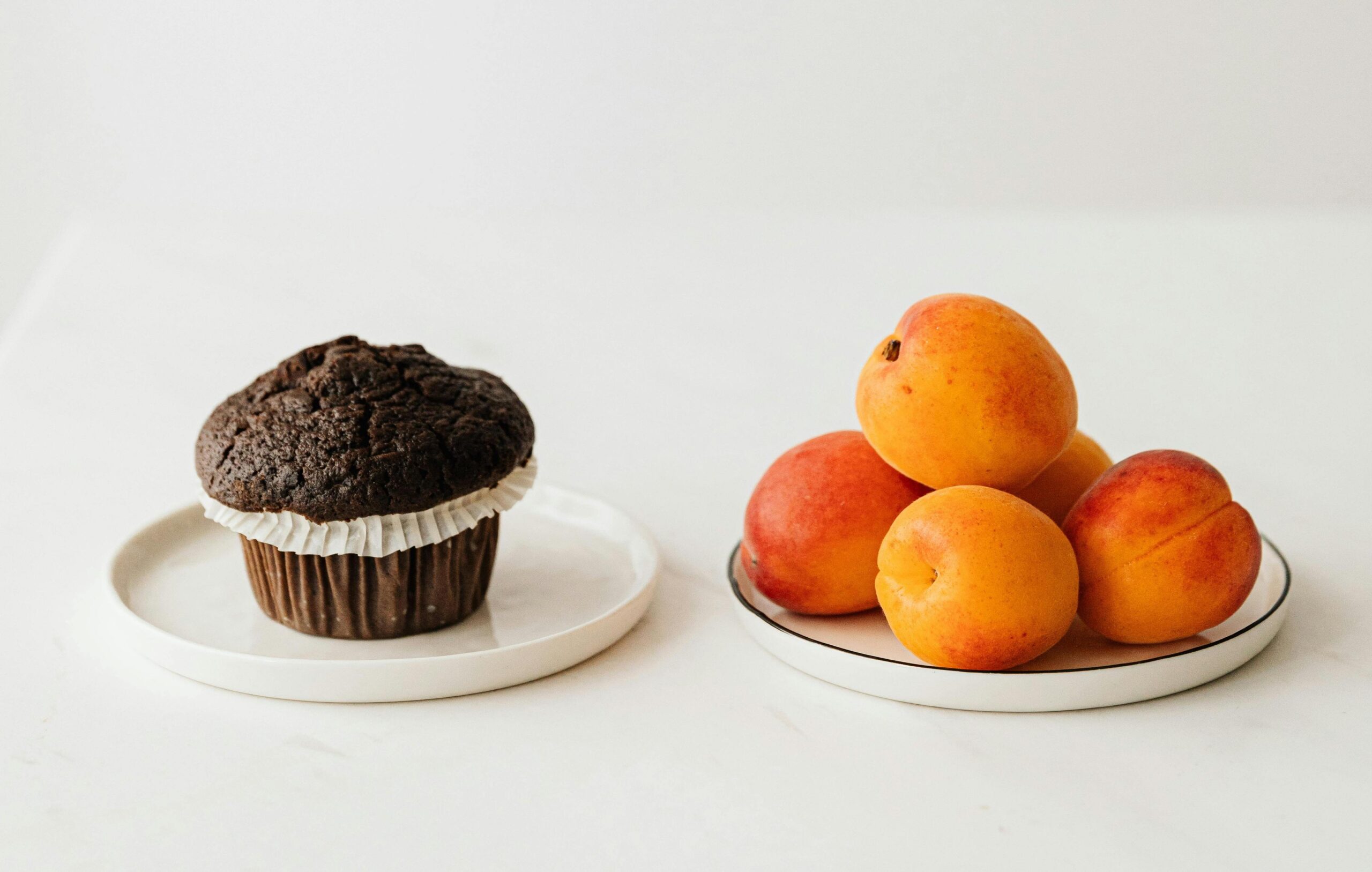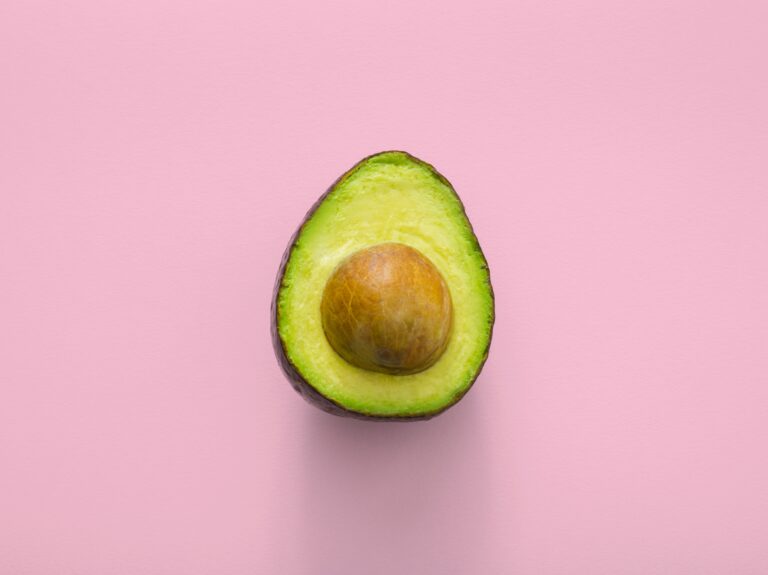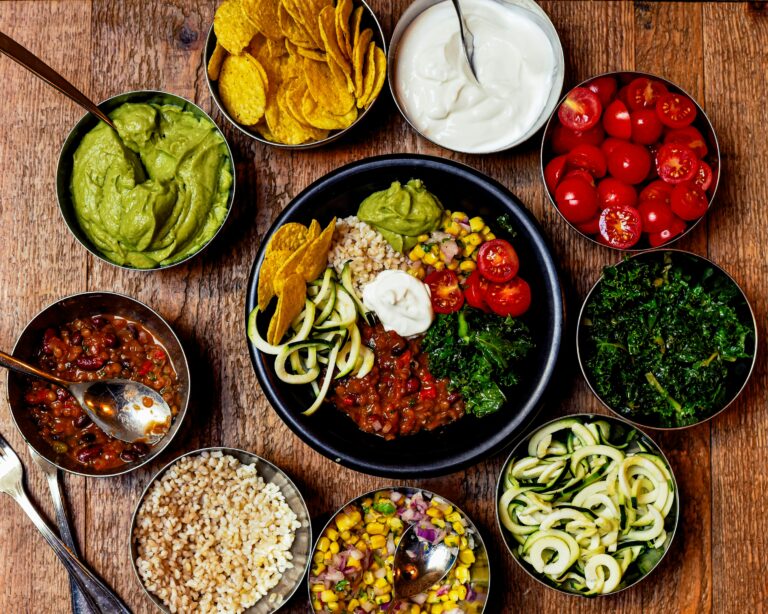Balanced Eating: Foods to Enjoy, Foods to Limit, Foods to Avoid

Achieving and maintaining a balanced diet is essential for optimal health and well-being. By understanding which foods to enjoy, which to limit, and which to avoid, you can make informed choices that support your overall nutritional goals.
Whether you’re looking to improve your energy levels, manage your weight, or enhance your overall health, adopting a balanced approach to eating can set you on the path to success. In this guide, we’ll explore the principles of balanced eating and provide practical tips to help you navigate the wide array of food options available.
🟢 Eat Freely
These are nutrient-dense foods that can be enjoyed in larger quantities without significant concern for negative health effects. They are typically low in calories and high in essential nutrients, making them ideal choices for satisfying hunger and supporting overall well-being.
Examples:
- Leafy greens: Spinach, kale, Swiss chard
- Non-starchy vegetables: Bell peppers, cucumbers, broccoli
- Berries: Strawberries, blueberries, raspberries
- Citrus fruits: Oranges, grapefruits, lemons
- Apples
- Bananas
- Avocados
- Tomatoes
- Carrots
- Celery
- Cabbage
- Brussels sprouts
- Zucchini
- Cauliflower
- Green beans
- Asparagus
- Berries: Blackberries, cranberries, cherries
- Papayas
- Pineapples
- Mangoes
🟡 Eat Moderately
These foods provide essential nutrients but may be higher in calories, sugar, or fat compared to foods in the “eat freely” category. While they can still be part of a healthy diet, they should be consumed in moderation to maintain balance and prevent overconsumption of certain nutrients.
Examples:
- Whole grains: Quinoa, brown rice, oats
- Whole grain bread
- Whole grain pasta
- Beans and legumes: Chickpeas, lentils, black beans
- Lean proteins: Chicken breast, turkey breast, tofu
- Greek yogurt
- Eggs
- Nuts and seeds: Almonds, walnuts, chia seeds
- Nut butter: Peanut butter, almond butter
- Cheese: Feta, mozzarella, cottage cheese
- Hummus
- Edamame
- Salmon
- Tuna
- Lean beef
- Pork tenderloin
- Tempeh
- Greek yogurt
- Quinoa
- Buckwheat
🔴 Eat Sparingly
These foods are typically high in unhealthy fats, sugars, sodium, or refined carbohydrates. While they can be enjoyed occasionally, they should be limited in a balanced diet to reduce the risk of chronic diseases such as obesity, heart disease, and diabetes.
Examples:
- Processed meats: Bacon, sausage, deli meats
- Fried foods: French fries, fried chicken, onion rings
- Sugary beverages: Soda, energy drinks, sweetened teas
- Desserts: Cake, cookies, ice cream
- Candy: Chocolate bars, gummies, candy-coated chocolates
- Pastries: Croissants, doughnuts, muffins
- Potato chips
- Sugary cereals
- White bread
- White rice
- Sugary breakfast pastries
- Regular pasta
- High-sugar condiments: Ketchup, BBQ sauce, sweetened salad dressings
- Processed snacks: Potato chips, crackers, pretzels
- Packaged desserts: Snack cakes, cookies, brownies
- Fast food: Burgers, fries, fried chicken
- Sugary drinks: Soda, fruit juices, sweetened tea
- Alcohol: Beer, wine, cocktails
- Sugary cereals
- Sweetened yogurt
Conclusion
Balanced eating is about more than just counting calories or following strict dietary rules. It’s about nourishing your body with a variety of nutrient-rich foods while still enjoying the foods you love in moderation. By focusing on whole, minimally processed foods and incorporating plenty of fruits, vegetables, lean proteins, and whole grains into your diet, you can support your overall health and well-being.
Remember, balance is key. While it’s important to enjoy a wide range of foods, it’s also essential to be mindful of portion sizes and to limit foods that are high in unhealthy fats, sugars, and sodium. By making informed choices and listening to your body’s hunger and fullness cues, you can cultivate a healthy relationship with food and fuel your body in a way that promotes vitality and longevity.






